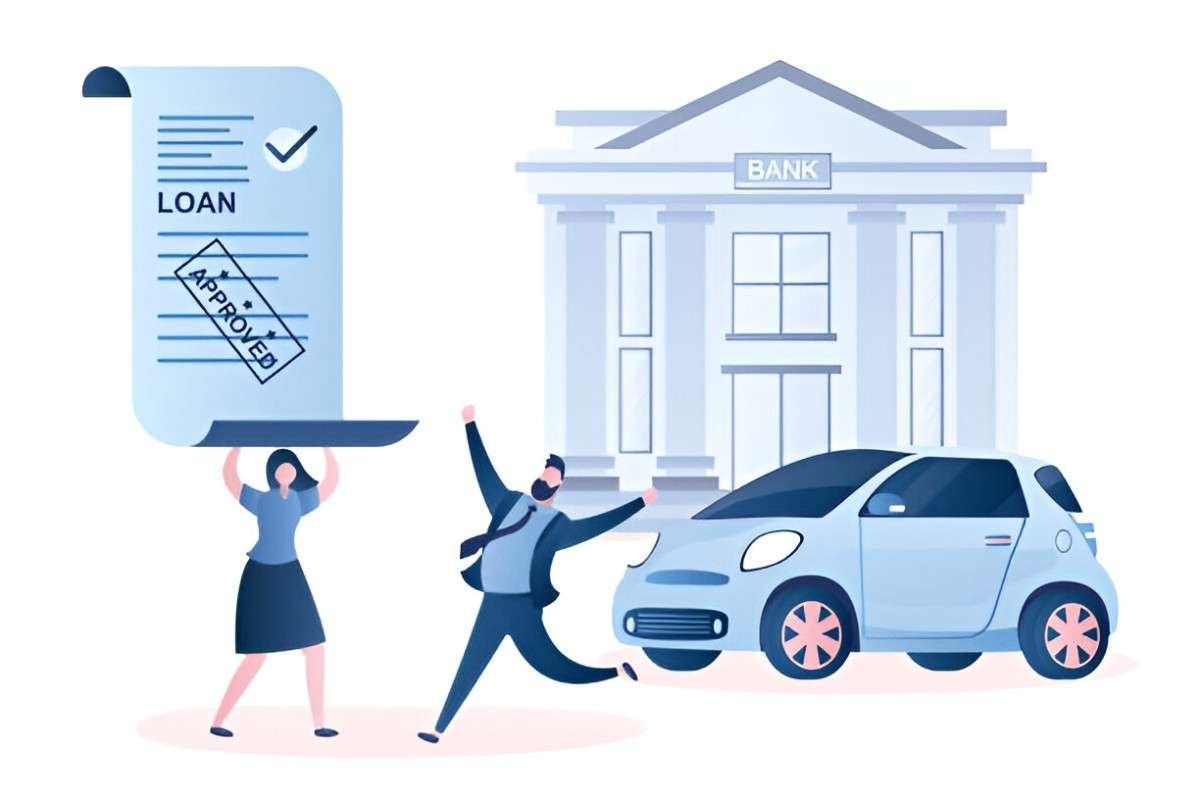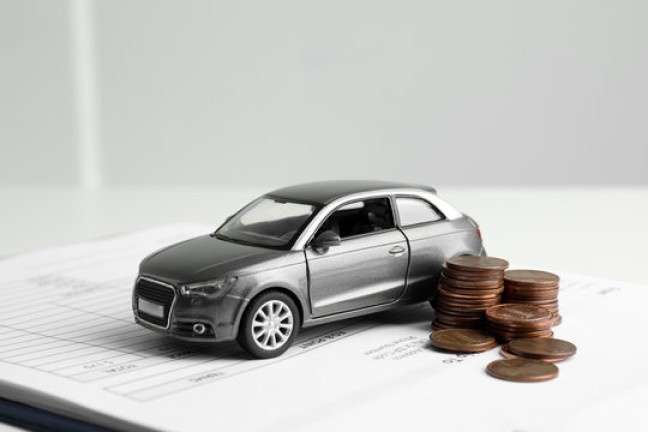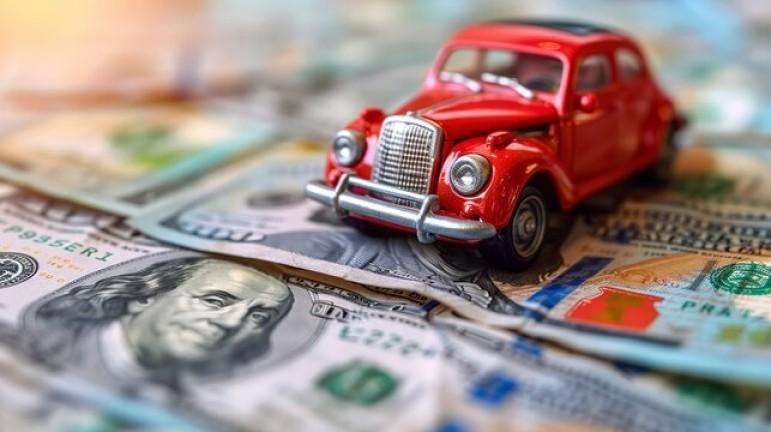When I first found myself in the market for a new car, one of the first things I had to decide was how to finance it. Should I take out a traditional bank loan, or should I opt for car finance directly from the dealership or a third-party provider? It’s a decision that many of us face at some point, and while the options might seem straightforward at first glance, there’s more to consider than just the interest rate. In this article, I’ll break down the pros and cons of bank loans versus car finance to help you make a more informed choice.
Table of Contents
Understanding Bank Loans and Car Finance
Before diving into the comparison, it’s important to clarify what each option entails.
A bank loan is a personal loan that I can take from a bank or financial institution. It is usually an unsecured loan, meaning I don’t need to provide collateral like my car. Instead, the loan is based on my creditworthiness. With a bank loan, I can use the funds for anything I like, including purchasing a car. The repayment terms, interest rates, and loan amounts are typically more flexible.
Car finance, on the other hand, is a specific type of loan or agreement designed for purchasing a vehicle. It is often offered through the car dealership, but can also come from third-party finance companies. Car finance comes in different types, including Hire Purchase (HP) and Personal Contract Purchase (PCP), each with its own set of rules and conditions. With car finance, the car itself often serves as collateral, meaning if I fail to make payments, the vehicle could be repossessed.
Bank Loans: Flexibility and Control
One of the primary benefits of taking out a bank loan is flexibility. The loan is not tied to a specific purchase, so I can shop around for the best deal on my car without worrying about the restrictions that may come with car finance agreements.
Moreover, the repayment terms of a bank loan can vary widely. I can choose the loan amount, the term (typically from one to five years), and the interest rate based on my creditworthiness. While it’s common for banks to offer fixed interest rates, some may also offer variable rates, giving me more options in how I structure my repayments.
The biggest advantage of a bank loan, in my opinion, is that I fully own the car from the moment I purchase it. I don’t have to worry about meeting specific mileage limits, maintaining the vehicle in a particular condition, or facing any other restrictions that can come with car finance options.
Example: Bank Loan Repayment Calculation
Let’s say I want to buy a car worth $20,000, and I take out a bank loan for the full amount with a 5% annual interest rate over five years.
Loan Amount: $20,000
Interest Rate: 5%
Loan Term: 5 years (60 months)
Using a standard loan repayment formula, the monthly payment would be approximately $377.42.
At the end of five years, I will have paid a total of $22,645.27. This means I will have paid $2,645.27 in interest over the life of the loan.
Car Finance: A Convenient Way to Own a Car
Car finance can be an attractive option for many, especially when it comes to the convenience and potential for lower monthly payments. The two most common types of car finance are Hire Purchase (HP) and Personal Contract Purchase (PCP). Here’s a brief overview of each:
- Hire Purchase (HP): With HP, I can spread the cost of the car over a set period, often between one and five years. At the end of the term, I own the car outright. The payments are usually fixed and can be more affordable than bank loans, but the total cost of the car may be higher due to the interest charges.
- Personal Contract Purchase (PCP): PCP offers lower monthly payments than HP, but with the option of returning the car at the end of the term or buying it for a balloon payment. This flexibility can be useful if I’m not sure whether I want to own the car in the long term.
Example: Car Finance Repayment Calculation
Let’s say I want to buy the same car worth $20,000, but this time I choose a Hire Purchase deal with a 4% interest rate for 5 years.
Loan Amount: $20,000
Interest Rate: 4%
Loan Term: 5 years (60 months)
In this case, my monthly payment would be approximately $368.33. At the end of the five years, I would have paid $22,099.80, which means I paid about $2,099.80 in interest.
If I had chosen a PCP deal instead, I could have had even lower monthly payments, but I would need to pay a larger final balloon payment if I wanted to own the car outright.
Comparison Table: Bank Loan vs. Car Finance
| Feature | Bank Loan | Car Finance (HP/PCP) |
|---|---|---|
| Ownership | I own the car from day one | I might own the car at the end (HP) or may return it (PCP) |
| Interest Rates | Varies by my credit score and bank | Generally fixed, but can vary by provider |
| Repayment Flexibility | Flexible loan term and repayment amounts | Fixed terms, but limited flexibility with PCP |
| Upfront Payment | No upfront payment required | Likely to have a deposit or down payment |
| Monthly Payment | May be higher than car finance | Often lower than bank loan (especially with PCP) |
| Total Cost | Often higher due to higher interest rates | Total cost might be lower for shorter terms |
| Early Repayment Fees | No or minimal fees for early repayment | May have early termination fees (especially with PCP) |
| Car Usage Restrictions | No restrictions | Restrictions on mileage and wear-and-tear (especially with PCP) |
| Flexibility at End | Full ownership | Option to return or buy for a final payment (PCP) |
Key Advantages and Disadvantages
Bank Loan Advantages
- Full Ownership: With a bank loan, I own the car outright as soon as I purchase it. I don’t need to worry about restrictions on mileage, wear and tear, or early termination fees.
- Flexible Repayments: I can choose a loan term and payment structure that works for me, which can be helpful if I want to pay off the loan more quickly or over a longer period.
- No Restrictions: Since the car is mine, I can sell it, trade it in, or do whatever I like without worrying about penalties or conditions.
Bank Loan Disadvantages
- Higher Interest Rates: Personal loans from banks typically come with higher interest rates than car finance. This means that the total cost of the car might be higher.
- Harder to Qualify: Since bank loans are unsecured, they often require a good credit score to qualify, which can be a hurdle for some buyers.
- Larger Payments: Bank loans tend to have higher monthly payments compared to car finance, which can strain my budget if I’m not prepared.
Car Finance Advantages
- Lower Monthly Payments: One of the biggest draws of car finance is that the monthly payments tend to be lower than with a bank loan. This makes it easier for me to afford the car.
- Flexibility (PCP): With PCP, I have the flexibility to either buy the car for a balloon payment or hand it back and choose a new car. This is perfect for people who like to upgrade their cars regularly.
- Easier to Qualify: Car finance agreements are often easier to qualify for compared to bank loans, especially if I’m purchasing through a dealership.
Car Finance Disadvantages
- Restrictions: If I choose PCP or HP, I have to adhere to certain conditions such as mileage limits and maintaining the car in good condition. Failure to meet these conditions can lead to penalties.
- No Ownership Until the End: With HP, I won’t own the car until the final payment is made, and with PCP, I might never own the car unless I decide to make the balloon payment.
- Hidden Costs: In some cases, car finance can have hidden fees, including early termination fees, final balloon payments, and higher overall interest costs compared to a bank loan.
Final Thoughts: Which Option is Right for Me?
After considering all the pros and cons, the decision of whether a bank loan or car finance is better for me depends on my financial situation and what I value most in a car purchase.
If I value full ownership and want to have flexibility in how I use the car, a bank loan may be the better option. However, if I’m more focused on keeping monthly payments low and don’t mind the restrictions that come with car finance, then PCP or HP could be the way to go.
Ultimately, it’s important for me to weigh the total cost of the car, the interest rates, and my long-term financial goals. I should also keep in mind that some people prefer the flexibility of a car finance deal, while others might appreciate the security and freedom of owning their car outright.
Whichever option I choose, the key is to do my research, read the terms carefully, and select the financing method that aligns best with my needs.





